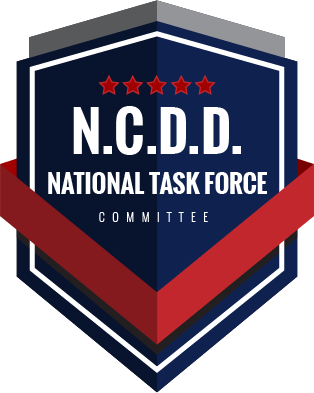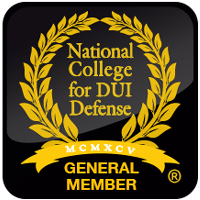- The ABA’s Concise Guide to Lawyer Specialty Certification
- Benefits to Become Board Certified - ABA Video
- Board Certified Members
- How to Become Board Certified in DUI Defense Law
- Apply for Certification
- Apply for Re-Certification Renewal
- Board Certified Senior Specialist
- Rules Governing Board Certification
- Preparing for the Exam

Kathleen N. Carey
Kathleen N. Carey Law Offices, PLC
90 S. Kyrene Road
Suite 1
Chandler, AZ 85226
Phone: 480-705-6688
Website: azduiatty.com


About Kathleen N. Carey
Kathleen N. Carey – has defended those accused of a DUI for over 20 years with her first jury trial as a law student in a public defender clinic and was offered her first year as a DUI College member as one of the first public defender members in 2003. She is the Arizona State Delegate and has been involved in several state and nationwide projects that included coordinating the collection of officer interviews/ testimony; efforts to obtain intoxilyzer source code(s), and the attack on the Intoxilyzer 8000 and 9000 models as well as the testing of preservatives in grey top tubes years before the 2019 BDI FDA Recall. Ms. Carey is trained in FSTs, DRE and the use of GC-MS testing equipment. She is a (Spence) Trial Lawyer College graduate, sits as a Judge Pro Tem and is frequently listed as faculty in seminars, particularly in the area of DUI defense, Motor Vehicle Laws and collateral consequences surrounding the area of defending those accused of DUI. Ms. Carey was the first fully funded public defender lobbyist in the country, the Arizona NACDL Legislative Network member as well as the local affiliate’s Lobbyist and has assisted in the passage of numerous bills surrounding the area of criminal justice and protecting the right to a jury trial in Arizona. She participated in the statewide Derendal Task Force to preserve the inviolate right to jury trials in Arizona including submitting the Amicus Brief on behalf of the Maricopa County Public Defender. Ms. Carey became the first criminal defense attorney appointee by the House Speaker to the Arizona Sex Offender Guidelines Committee. She was also selected as the Arizona criminal defense attorney representative to attend the January 2010 Criminal Justice Symposium in Florida in the wake of the publication of the Report by the National Academy of Science, Strengthening Forensic Science in the United States, a Path Forward. Ms. Carey is currently a faculty member for the National College for DUI Defense and has attended and presented at the Summer Harvard Session as well as listed as Faculty in the 2020 Winter Session.
Contact Kathleen N. Carey
Provide some details about your situation, but remember not to include sensitive information. An attorney-client relationship is only formed once an attorney formally agrees to represent you.
Find an Attorney
Enter your city, state, or Zip code below to locate a qualified attorney who has demonstrated a commitment to defend those accused of DUI and related crimes.
 Members in
Members in
the Spotlight
04/22/2025Christopher McKinney |
Christopher McKinney: NCDD is happy to spotlight member Christopher McKinney of Houston, Texas. Chris currently serves as the co-chair of the Impaired Driving Task Force and an NCDD Faculty Member and is a partner at the Murphy & McKinney Law Firm, P.C. Born and raised in Houston, Chris recounts that he “grew up in a law firm,” accompanying his mom to...
FROM OUR BLOG
Ethics Task Force Blog
04/15/2025
Written by Jonathan Dichter The Heart of Client Care: Moving Beyond Case Management In the legal profession, we often talk about "case management" - the systems and processes that keep our cases moving efficiently. But what about *client care*? True client care goes beyond deadlines and filings; it's about treating clients as *people*-scared, uncertain, and in need of guidance. And when done...
Personal Contact: Using the Officer's Observations Against Them
03/10/2025
Written by Charles GoodwinEdited by Michelle Behan and Steven Hernandez The typical DUI investigation has three phases. It begins with the vehicle in motion and focuses on driving patterns that officers are trained might indicate impairment. Next is personal contact, where the officer will observe physical manifestations that are also purportedly correlated with alcohol ingestion and impairment. Finally, the officer will...





